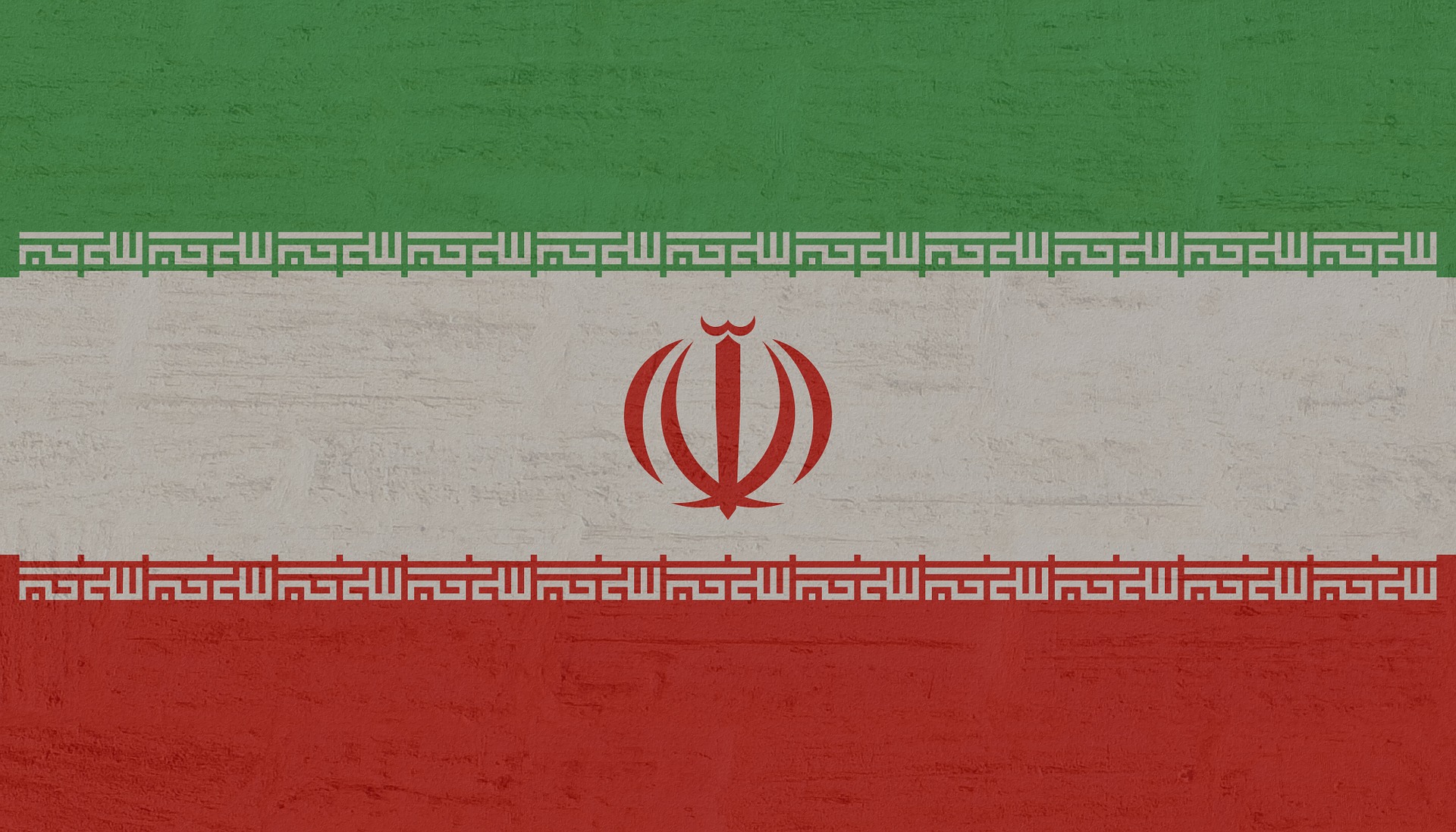
403
Sorry!!
Error! We're sorry, but the page you were looking for doesn't exist.
Iranian military commander condemns Israel's recent actions
(MENAFN) In a significant early morning address on Wednesday, Iranian military commander Mohammad Bagheri condemned Israel's recent actions, particularly the assassination of prominent Hezbollah leader Hassan Nasrallah. He described this incident as a severe escalation, accusing the "Zionist entity" of increasing its "crimes," which has pushed Iran to the brink of retaliation.
Bagheri reflected on past violence, noting that Iran had exercised restraint following the assassination of Hamas leader Ismail Haniyeh, a move he attributed to requests from the U.S. and European nations for a ceasefire in Gaza. However, he indicated that the recent developments have altered Iran's response strategy.
Following these events, Iranian forces reportedly targeted three major air bases and a Mossad headquarters, with the Nabatim base—home to F-35 fighter jets—identified as a significant target. Additionally, radar systems and concentrations of tanks and troop carriers near Gaza were struck, with Bagheri specifically mentioning the Hatzerim base, which he linked to the Nasrallah assassination.
He issued a strong warning that if the U.S. and Europe do not curb Israeli military actions toward Iran, the country would retaliate by targeting all infrastructure related to Israeli operations. This sentiment was echoed by Abdolrahim Mousavi, another senior Iranian military official, who stated, "We are not warmongers, but we will defend our rights strongly and we will do so in the future."
Mousavi emphasized that while recent strikes were aimed at military targets, further Israeli missteps could provoke broader attacks, including infrastructure destruction. He claimed that these military actions have created a necessary deterrent for Iran and expressed hope that the "Zionist entity" and its allies would understand the message being conveyed.
An Iranian envoy to the United Nations further asserted that Iran's military actions were rooted in its legitimate right to defend itself after a prolonged period of restraint. This underscores Iran's perspective that its responses are defensive rather than aggressive, aimed at safeguarding its sovereignty and regional interests.
As tensions mount in the Middle East, Iran's military leadership appears firm in its resolve to respond to perceived threats, signaling a potential escalation in regional conflict if aggressive actions continue. The consequences of these developments are likely to resonate throughout international diplomatic channels as the global community navigates the delicate balance of power in the region.
Bagheri reflected on past violence, noting that Iran had exercised restraint following the assassination of Hamas leader Ismail Haniyeh, a move he attributed to requests from the U.S. and European nations for a ceasefire in Gaza. However, he indicated that the recent developments have altered Iran's response strategy.
Following these events, Iranian forces reportedly targeted three major air bases and a Mossad headquarters, with the Nabatim base—home to F-35 fighter jets—identified as a significant target. Additionally, radar systems and concentrations of tanks and troop carriers near Gaza were struck, with Bagheri specifically mentioning the Hatzerim base, which he linked to the Nasrallah assassination.
He issued a strong warning that if the U.S. and Europe do not curb Israeli military actions toward Iran, the country would retaliate by targeting all infrastructure related to Israeli operations. This sentiment was echoed by Abdolrahim Mousavi, another senior Iranian military official, who stated, "We are not warmongers, but we will defend our rights strongly and we will do so in the future."
Mousavi emphasized that while recent strikes were aimed at military targets, further Israeli missteps could provoke broader attacks, including infrastructure destruction. He claimed that these military actions have created a necessary deterrent for Iran and expressed hope that the "Zionist entity" and its allies would understand the message being conveyed.
An Iranian envoy to the United Nations further asserted that Iran's military actions were rooted in its legitimate right to defend itself after a prolonged period of restraint. This underscores Iran's perspective that its responses are defensive rather than aggressive, aimed at safeguarding its sovereignty and regional interests.
As tensions mount in the Middle East, Iran's military leadership appears firm in its resolve to respond to perceived threats, signaling a potential escalation in regional conflict if aggressive actions continue. The consequences of these developments are likely to resonate throughout international diplomatic channels as the global community navigates the delicate balance of power in the region.

Legal Disclaimer:
MENAFN provides the
information “as is” without warranty of any kind. We do not accept
any responsibility or liability for the accuracy, content, images,
videos, licenses, completeness, legality, or reliability of the information
contained in this article. If you have any complaints or copyright
issues related to this article, kindly contact the provider above.























Comments
No comment